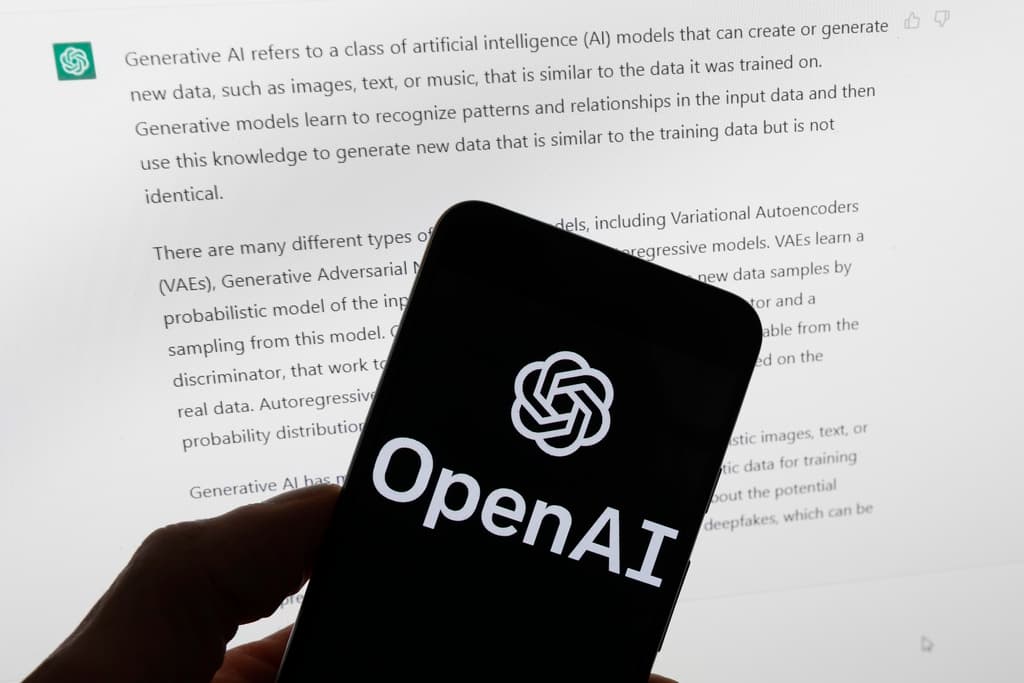OpenAI To Charge $20,000 a Month for AI Agents
The ChatGPT developer hopes to attract B2B business through expensive AI ‘agents,’ but hallucination remains an unsolved problem.

For years, I read science-fiction books and books about artificial intelligence that posed worrying thought experiments about the future of work to come. Self-driving trucks would replace lorry drivers, autonomous cabs would leave Uber drivers without a gig, and eventually, artificial intelligence would become so capable that no human could compete in any task. Grandmasters first felt this playing against Deep Blue, and computer scientists posed that it was only a matter of time before all tasks would — like chess — be solved by computers. The only argument was whether this would happen in decades or centuries.
If OpenAI is to be believed, they think it could be “months” as they continue to roll out new, more advanced features and versions intended to be able to match or surpass human labor. The first main sign of this was at the beginning of February, when OpenAI released their Deep Research function, running on their o1 model — which they charge $200 a month to access.
For the uninitiated, you would ask ChatGPT to produce a paper or research memo on a topic you were interested in learning about and, in about 5 to 30 minutes, it would create an extensive document that would take a person far longer to make. These papers are fundamentally derivative but, prompted the right way, they explain topics at a pretty high level and do so from a wide range of sources.
According to The Information, the next product OpenAI is rolling out will be AI “agents;” virtual employees that can use applications, search the web, and so forth, to complete various tasks. In much the same way that companies use AI systems for their online help chats, these “agents” will replace humans in more complex jobs and tasks. A “high-income knowledge worker” agent would reportedly cost $2,000 a month; a software developer agent would jump to $10,000 a month; and a “PhD-level research” tier would be $20,000 a month.
There’s no timeline for when these products will roll out, but this is the obvious end goal for AI firms: offering a high-priced professional product that companies can use to replace their labor. And, if these agents work as advertised, their high-prices make sense. A code agent would work 24/7, wouldn’t need benefits, and could be “fired,” without notice or severance. If it’s competitive with human programmers, then spending $120,000 a year with OpenAI is far less expensive than hiring a staff of programmers.
However, this depends on the agents being as competent as advertised; and I have serious doubts about OpenAI. The company has generally had a poor history with management — peaking in Sam Altman’s brief firing in November 2023 — and has rushed out new features while consistently losing billions in investor money. It lost $5 billion last year alone, and its products throw out more false information than ever before. Deep Research is highly compelling, but it also hallucinates a lot; and what use is a researcher who can’t be relied upon not to imagine information?
And if they haven’t solved hallucination and safety jailbreaks on their less complex system, there’s no reason to think it will be banished from their AI agents, even if they cost $20,000 a month.

